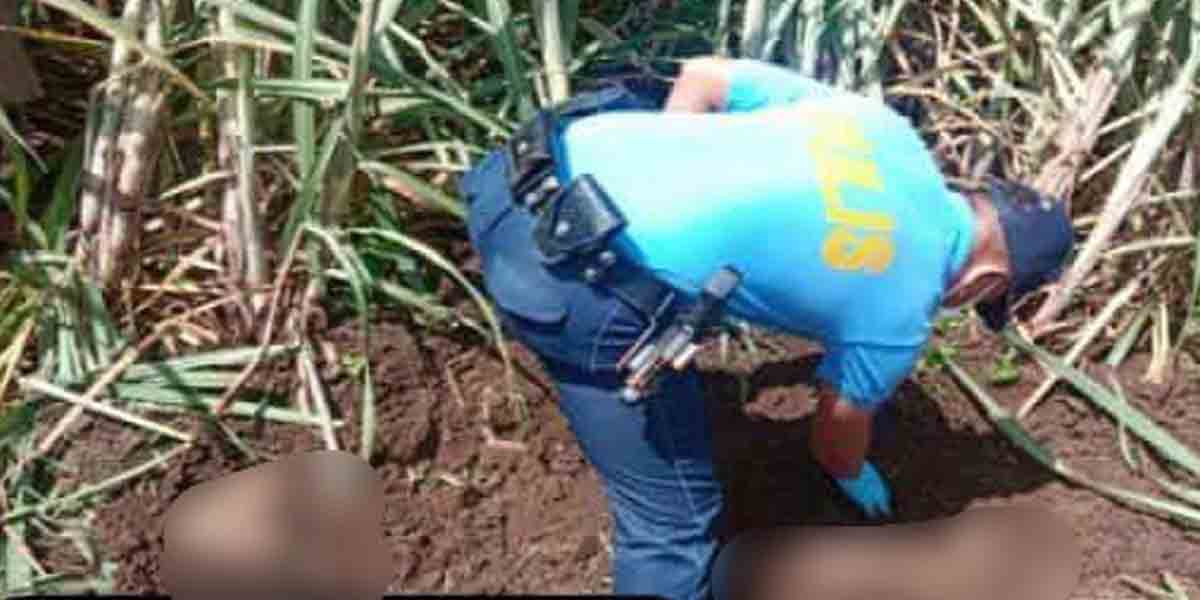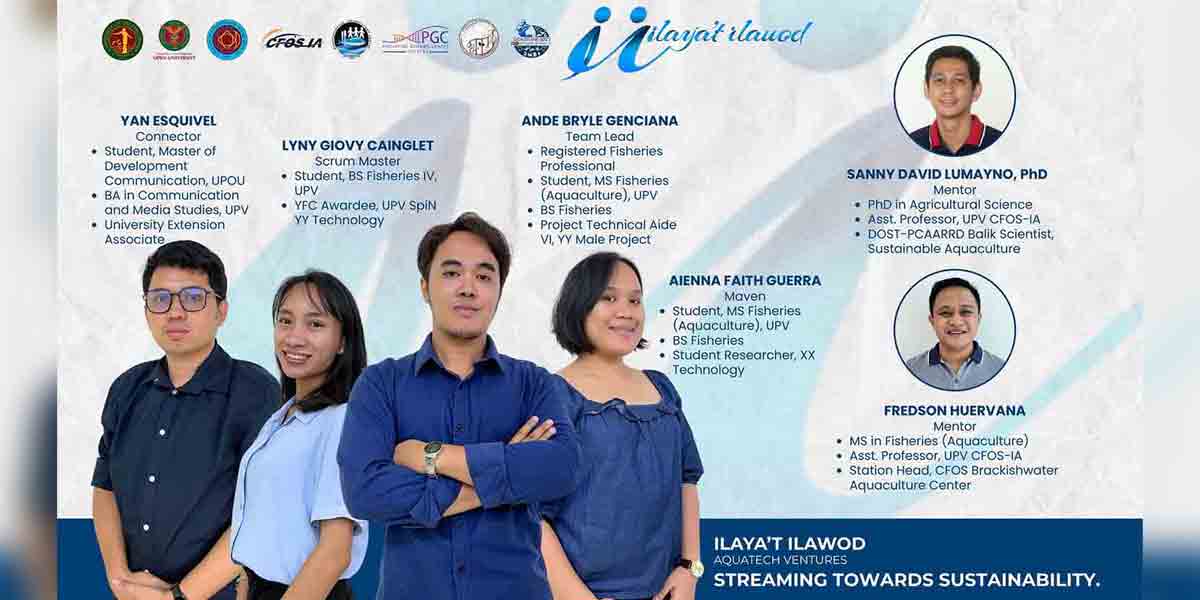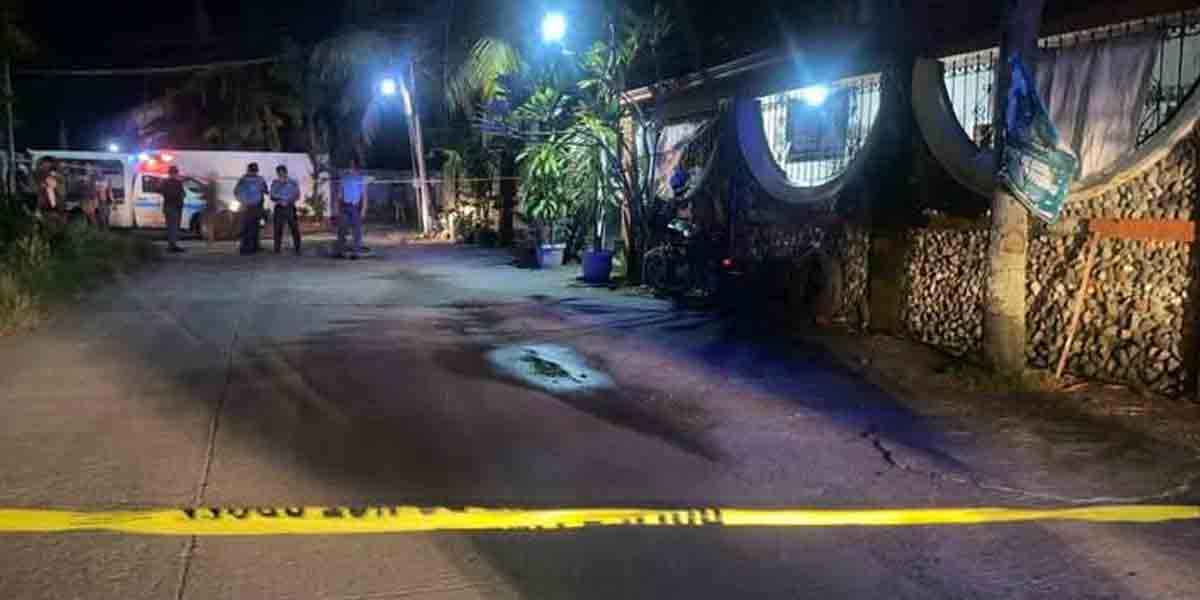 By Jose Mari BFU Tirol
By Jose Mari BFU Tirol
(The author is the dean of the College of Law of the University of San Agustin)
The Court of Appeals recently dismissed in People v. Soriano and Trillanes IV the Solicitor General’s petition questioning the 2018 Order of RTC Makati City Judge Andres Soriano which denied the petitioner’s motion for the issuance of a hold departure order and warrant of arrest against former Senator Antonio Trillanes IV. Earlier this year in Trillanes IV v. Alameda, et al. the CA granted Trillanes’ petition questioning RTC Makati City Judge Elmo Alameda’s Order which was the complete opposite of Judge Soriano’s.
The CA discussed in Trillanes IV v. Alameda, et al. the distinction between amnesty and pardon, and between unconditional and conditional amnesty. It categorized Proclamation No. 75 which Trillanes availed of as a grant of conditional amnesty, which Congress thru Concurrent Resolution No. 4 concurred with, and found that “the general grant of amnesty by Proclamation No. 75 was not revoked or repealed by Proclamation No. 572. Only the individualized grant to the petitioner was revoked.”
The CA concluded that while there exists the power to revoke an individualized, conditional amnesty, the same is not absolute as “it must be grounded only upon a failure to comply with the stated conditions and upon no other.” But it could not rule on the merits of the Solicitor General’s main argument – that Proclamation No. 572 validly revoked Trillanes’ amnesty since he failed to validly apply for it – because Judge Alameda did not require the parties to fully ventilate their pieces of evidence before the Court, for which reason the CA reversed him.
However, since Judge Soriano required the parties to do so, the CA in People v. Soriano and Trillanes IV was able to address, resolve, and debunk the Solicitor General’s argument.
“As mere allegation is not evidence and is not equivalent to proof, the Court scrutinized the pieces of evidence presented by the petitioner below. At the heart of the matter is the resolution of two (2) critical questions: 1) Did private respondent file an official amnesty application form; and (2) did he admit his guilt? The public respondent hit the bull’s eye of the prosecution’s theory as regards the first question. Thus:
The prosecution asserts that [private respondent] failed to file a written application for amnesty as required under Proclamation No. 75, as in fact his “alleged” application does not exist and is not available in the records of the DND and/or the [Committee], and or anywhere else. Otherwise put, because the document does not exist or is not available, then [private respondent] did not file an application for amnesty.
x-x-x
… no less than Lt. Col. Andrade herself certified on the unavailability of private respondent’s amnesty application records in their office. The other witnesses of the prosecution also testified to this effect. Clearly, such records particularly private respondent’s application form is lost and/or unavailable…
x-x-x
… absent any proof to the contrary and for the reasons already stated, no bad faith can be attributed to private respondent for his failure to present the original or even at least a copy of the said application form. The Court concurs with public respondent that such application form may be also considered as a record in the custody of a public officer or is recorded in a public office, which in this case was established to have been actually filed by private respondent with the Secretariat and the Committee. It is unfortunate, however, that this document was apparently lost and/or made unavailable while in the custody of the said public officer or office through no fault on the part of private respondent after the lapse of about seven (7) years from the time of its actual filing. Lamentable as it is, since this entire controversy is anchored on the purported inexistence of this application form, it would be certainly unfair, however, if private respondent or any other applicant-grantee for that matter would be allowed to suffer the consequences of the negligence or inefficiency of said public officer or office.”
While the CA has held that Trillanes did apply for and was granted amnesty, the loss and/or unavailability of his amnesty records must still be investigated, and not just because the Solicitor General may elevate the CA decisions to the Supreme Court. The said records also reflect the historical development of the government and of the citizens which it serves (Article 2, Implementing Rules and Regulations of Republic Act 9470 or the National Archives of the Philippines Act of 2007). They are akin to protected records which contain data that are important for economic, social, political, legal, and national security aspects (Sec. 4[s], RA 9470), and have legal value as they contain evidence of legally enforceable rights or obligations of government and/or private persons (Rule 5, Art. 8[s], IRR of RA 9470).
It would be interesting to know if the AFP’s records officer notified the National Archives that Trillanes’ amnesty papers are “missing” pursuant to Rule 39, Arts. 63 and 64 of the IRR of RA 9470. Especially because the said provisions also state that it is the Solicitor General who is legally obligated to recover the same, and the Revised Penal Code under Article 226 penalizes “any public officer who shall remove, destroy or conceal documents or papers officially entrusted to him”.
Which brings to mind one of the disputable presumptions under the Revised Rules on Evidence: that evidence willfully suppressed would be adverse if produced.






















